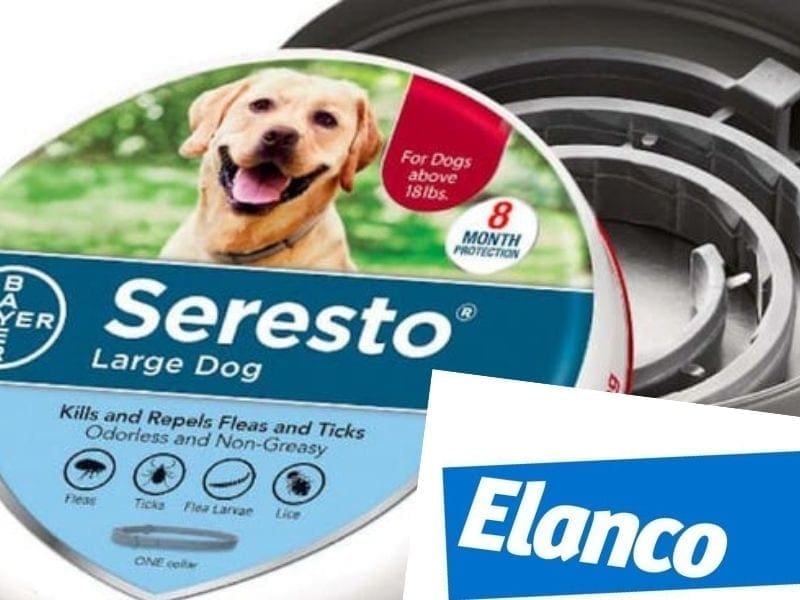Elanco disputes report alleging its Seresto collars killed hundreds of dogs and cats; TCR to Dig Further
Elanco (NYSE: ELAN), the company that sells Seresto flea and tick collars, is blasting a new report out in USA Today alleging that its collars are responsible for hundreds of dog and cat deaths based on EPA incident reports the reporters say they obtained through Freedom of Information Act requests.
Elanco told The Canine Review Tuesday afternoon that it disputes the substance of the report, which was published Tuesday morning in conjunction with the Midwest Center for Investigative Reporting, alleging that the Environmental Protection Agency (EPA) has been knowingly withholding information about reports of hundreds of cat and dog deaths resulting from Seresto collars.
“Seresto, one of the most popular flea and tick collars in the country, has been linked to hundreds of pet deaths, tens of thousands of injured animals and hundreds of harmed humans, U.S. Environmental Protection Agency documents show,” USA Today reported. “Yet the EPA has done nothing to inform the public of the risks.”
Seresto flea and tick collars were developed and sold by Bayer. In 2019, Bayer sold its Animal Health unit, which includes Seresto, to Elanco.
Responding this afternoon to TCR’s request for comment about USA Today’s reporting, Elanco spokeswoman Keri McGrath wrote in an email:
“It is critically important for people to understand that a report is not an indication of cause,” Mc Grath told us. “What those numbers represent is the number of reports received, and do not reflect causality. So, if a dog were to be wearing a collar and experience any sort of adverse event, the collar would be mentioned in the report. Drawing a causal link from individual incident reports is misleading.”
She added: “And, reporting rates have actually been decreasing over the life of the product…”
On VIN, an online network for veterinarians, a source tells TCR that a discussion is already underway on the network’s message boards and that veterinarians are scratching their heads. “I know of no data to support and have not seen problems in my patients (other than lack of efficacy in the last couple of years),” one person wrote.
TCR is now reaching out to the USA Today and Midwest Center reporters, Bayer, the EPA, and other individuals and entities cited in the story. We are also asking veterinarians, including toxicologists, for input and whether they are aware of any patients that have experienced serious adverse effects from the collars. This is especially important because the original reporting also seems to be missing several critical components, such as any comment from any veterinarian, as well as any mention of necropsies.
We are asking veterinarians who can comment to contact editor@thecaninereview.com.
Follow-up story to come.

